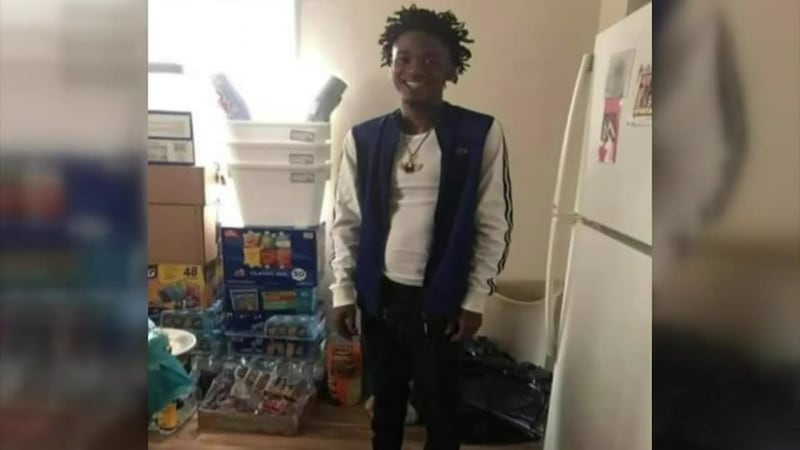In the fall of 2021, the American Academy of Pediatrics declared a national emergency in child and adolescent mental health. Across the country, educators and health experts began working to make mental health a top concern in the classroom, but realized that for Black students, accessing treatment is extremely difficult.
“Specifically in the Black community, we have this thing where we feel like we can handle everything in our own household,” said school counselor Sylvester Hanner.
Hanner, who works at Obama 6-12 in the Pittsburgh Public School District, said breaking the generational stigma around mental health is something that Black teens often must overcome.
Accessing culturally competent, quality care is also a major concern for Black families. Licensed social worker and behavioral specialist Mauri Tate said when dealing with her sixth and seventh-grade preteens at Life Male STEAM Academy, she works to eliminate this barrier. “So not asking what is wrong with my students, (but instead) asking what has happened to them,” said Tate.
Finding representation when only 4% of U.S. psychiatrists are Black is a challenge for Black clinical providers as well as patients.
“There is so much red tape and laws around getting people credentialed and licensed, to be able to do this particular work,” said social worker Erica Givner.
For Black teens who are disproportionally impacted by mental health concerns, they must first overcome all these barriers and more before receiving treatment.
“You see students who are struggling with anxiety, depression and anger, but whenever all of those symptoms surface in kids and teens who have no idea how to cope, educators and experts witness maladaptive behaviors in students,” said Tate.
School and community counselors who spoke with Channel 11 News said socioeconomic status and social media have a significant influence on teens.
“Unfortunately, what our youth and adults don’t realize is that you don’t have your adult brain until you’re 25,” said Givner.
Givner explained that when teens witness or experience traumas their brains react differently than an adult, especially youth who have experienced a disproportionate amount of trauma.
“We have kids who have witnessed the death of their peers and family members due to gun violence,” said Tate who works at a predominantly Black school.
And while Black teens are often more exposed to societal risk factors like gun violence, poverty, and trauma experts say too often their symptoms will go untreated or even undiagnosed.
“We must treat mental health just as we do physical health. If you get a scratch on your arm and you’re bleeding, we will clean it off, and give you a band-aid,” said Hanner.
So, how can experts address what the American Pediatric Academy has deemed a mental health crisis?
By taking a social justice approach said Hanner, “Making sure things are equitable and everyone is heard, then I think we will help a lot of the mental health issues that are going on today.”
TRENDING NOW:
©2022 Cox Media Group






